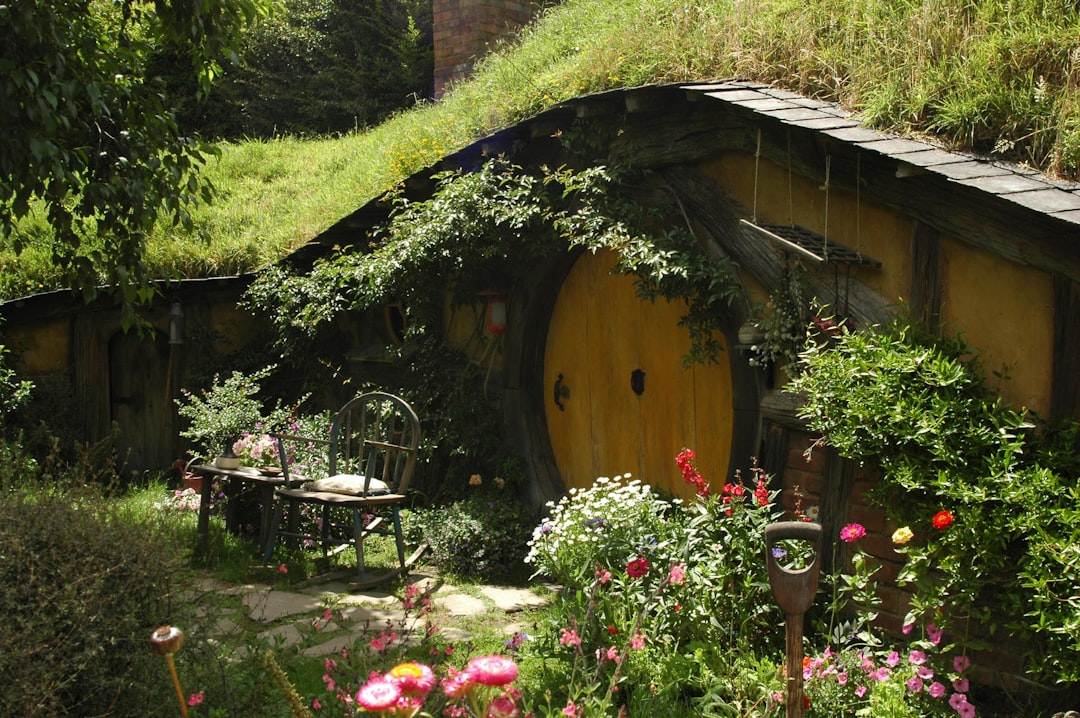The Wisdom of Hobbits: A Review

The Wisdom of Hobbits: A Review
The Wisdom of Hobbits: Unearthing our Humanity at 3 Bagshot Row by Michael J. Distefano is an excellent book. Distefano weaves information and interpretation of Tolkien’s unlikely heroes into an engaging and charming work designed to help us see our own humanity through the possibilities of Hobbits. How do we find humanity within fictional creatures? Hobbits are the genuine heroes of Tolkien’s masterpieces The Hobbit and the Lord of the Rings. They provide a more grounded connection to the grand tales of Tolkien. Amidst the heroes of men, Elves, Dwarves, and wizards, Hobbits seem simple and small. But Hobbits are key to those grand stories. Without Hobbits, the Lord of the Rings would have just been battles and complete loss.
Distefano beautifully brings together Tolkien lore and spiritual themes as an intersection of often practical shifts in thinking. For me, chapter three “Tillers of the Earth” is the best chapter and worth the cost of the entire book. This chapter distills the insight that Distefano gives about the lives of Hobbits, which informs how we might live better. The environmental calls to action are practical and doable. I hear echoes of indigenous works I have read lately in the look at how important the land is to Hobbits. Their homes and their places are paramount and anchor them to the world. Distefano explains it this way: “This passion for the earth is one thing that defines what it means to be a Hobbit. Just about everything is centered on this practice, and though they are not at all a God-fearing people, farming and gardening virtually serve as a de facto religion of sorts.” (p 62–63)
Reading The Wisdom of Hobbits sparked an idea that is forming in my mind. So much of church growth in the 80s and 90s and on was based in the ideas of management and marketing. Statistical trends were used like tools to grow the church, but I wonder if what happened was just another vision of the market economy and the enhancing of shareholder value with a Christian veneer. I leaning into the idea that we are gardeners and hat tending the gardens of faith, community, and yes, the Church is one we do as family. We don’t manage flocks or gardens; we tend them. Maybe it is just semantics, but what if we strove to be gardeners rather than CEOs?
Buy this book, it is accessible and a manageable length. Distefano catches your attention and keeps it throughout. I had trouble putting the book down and heartily recommend it.


